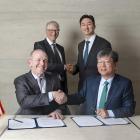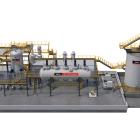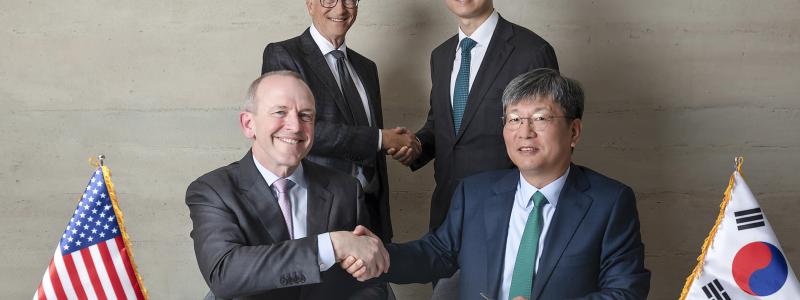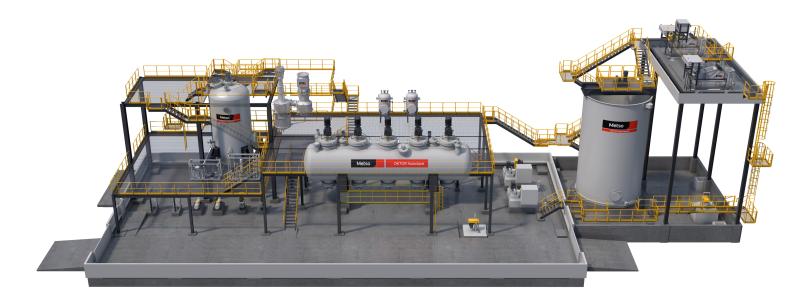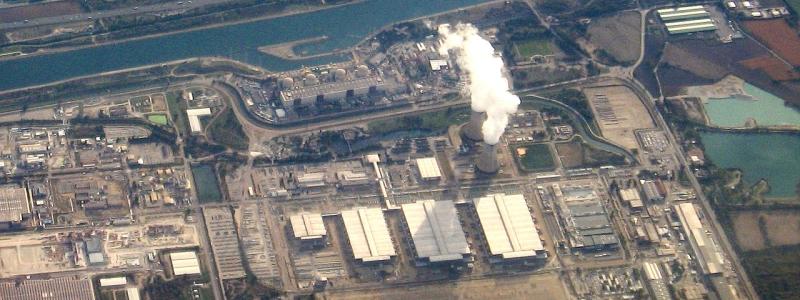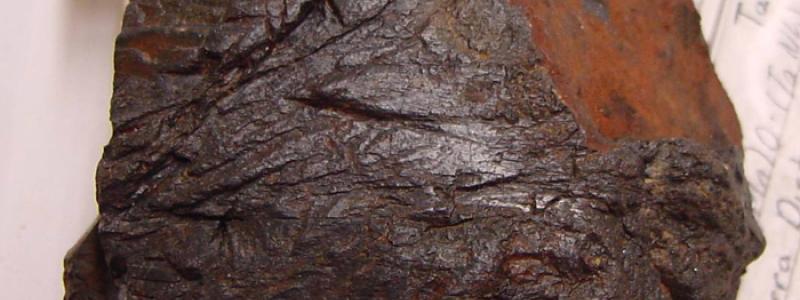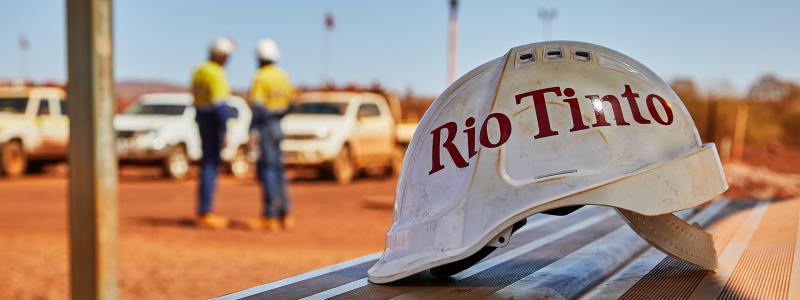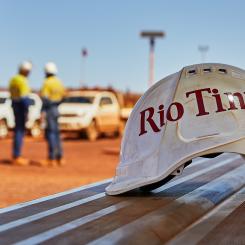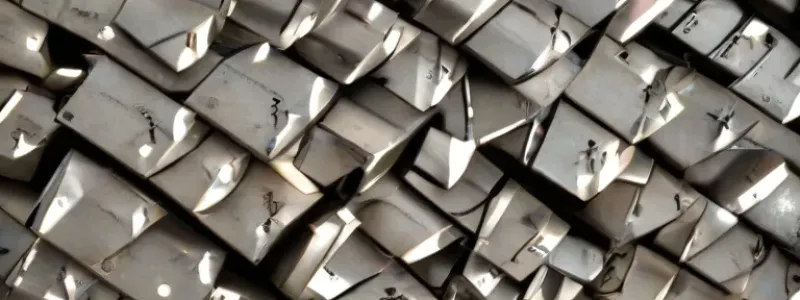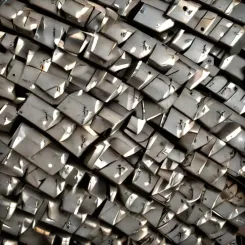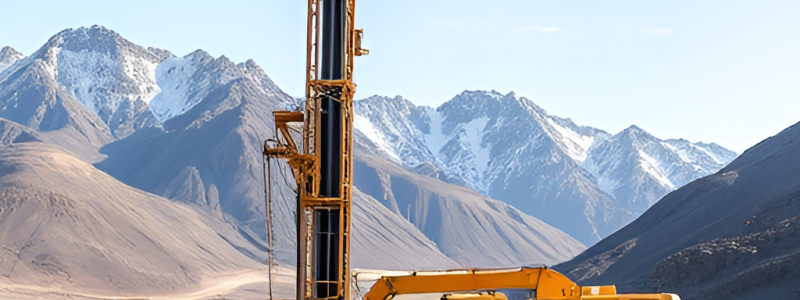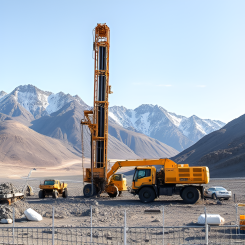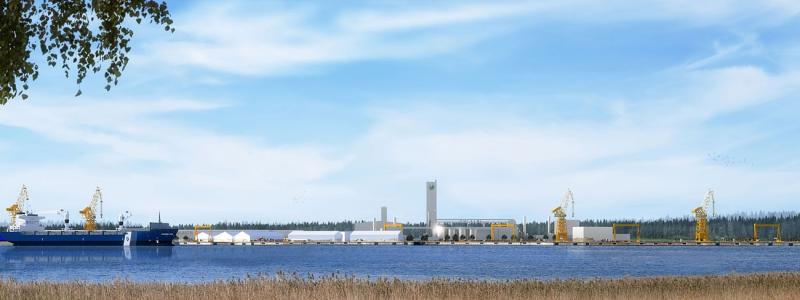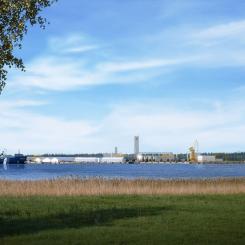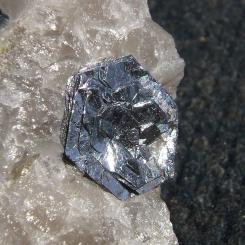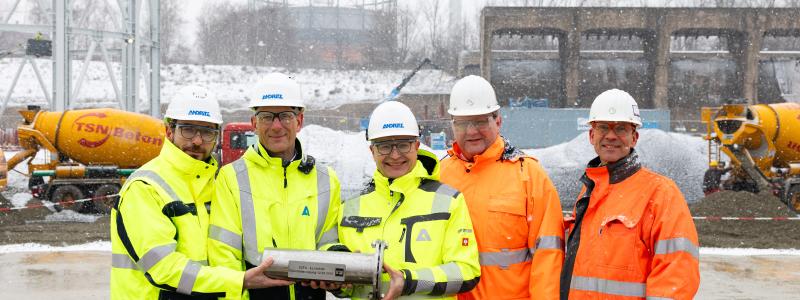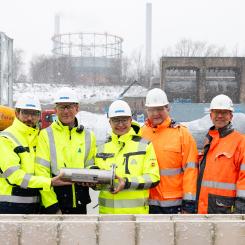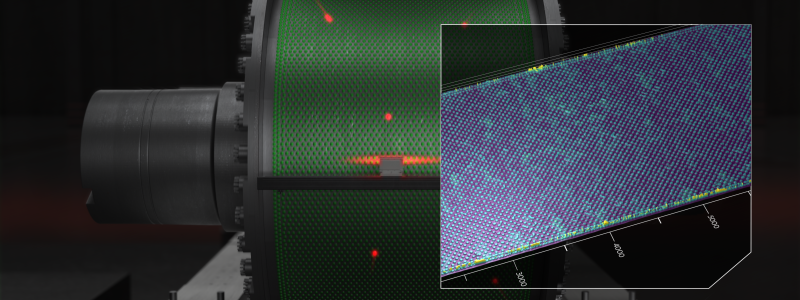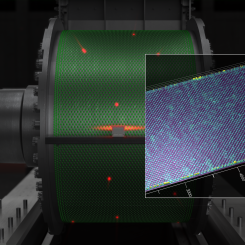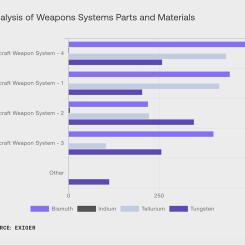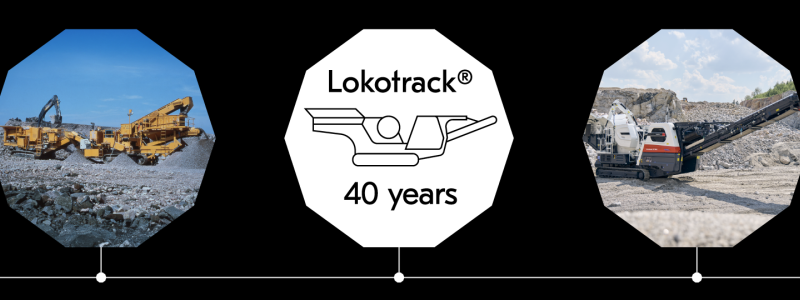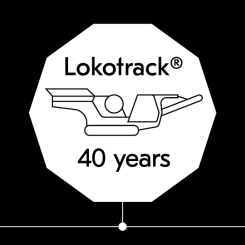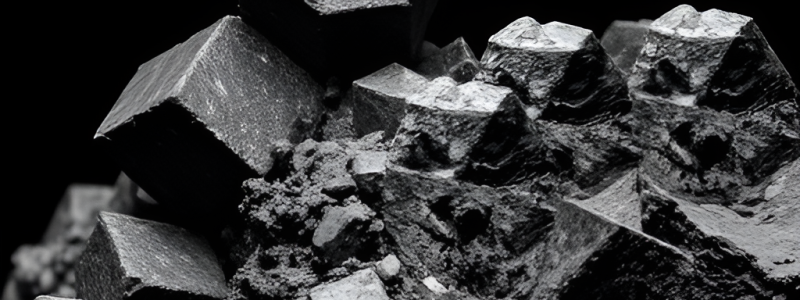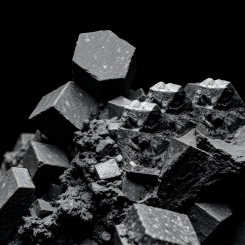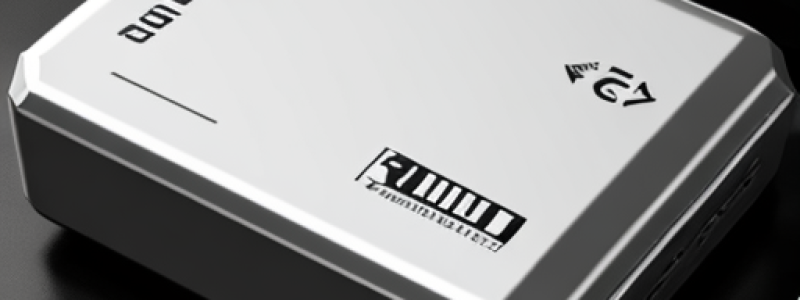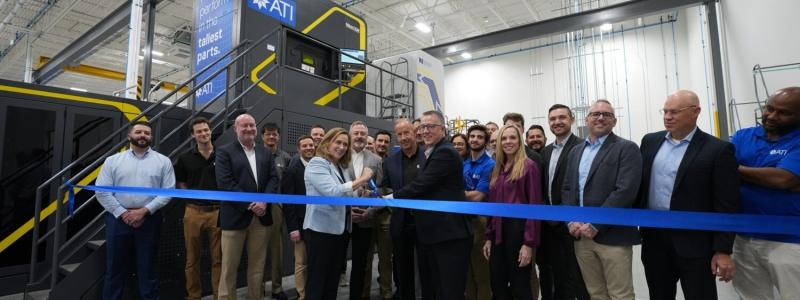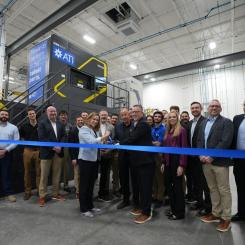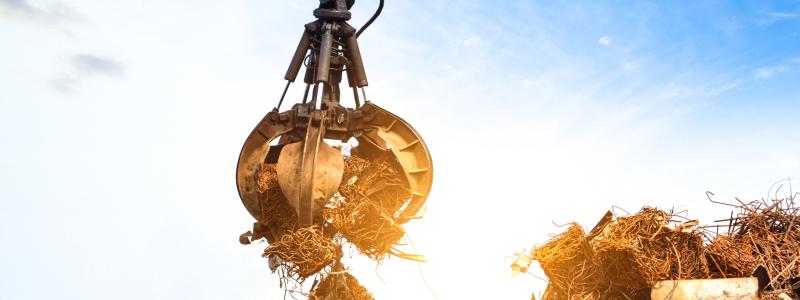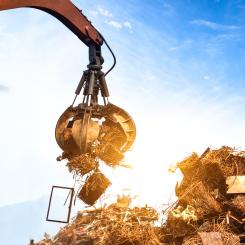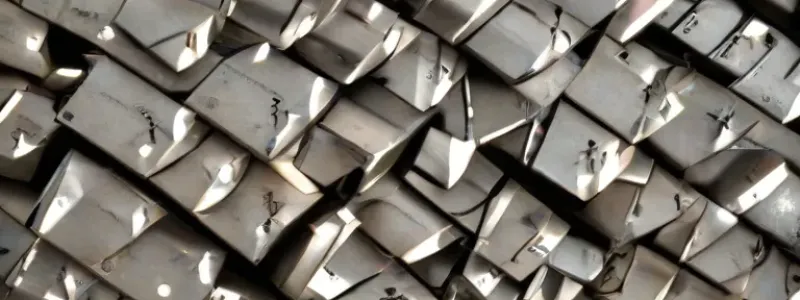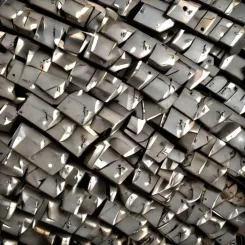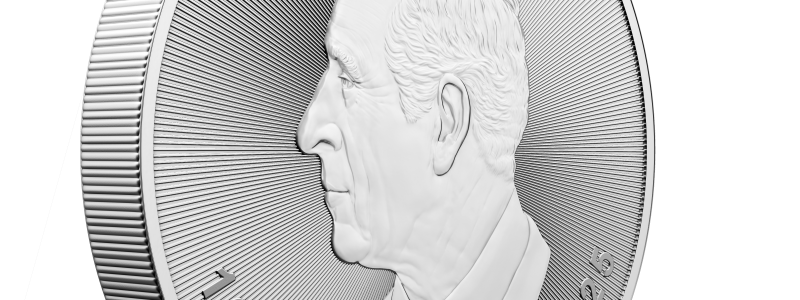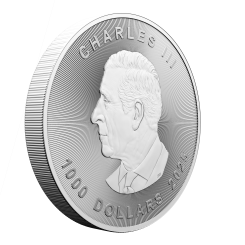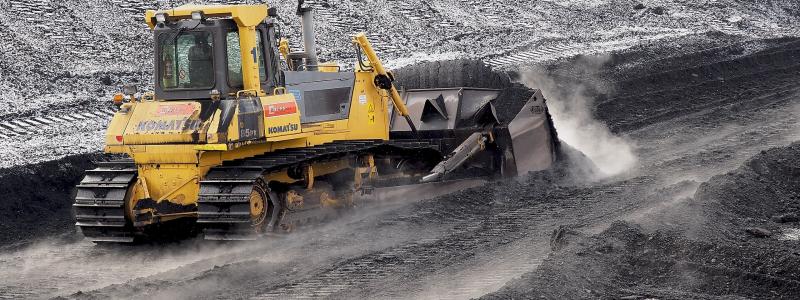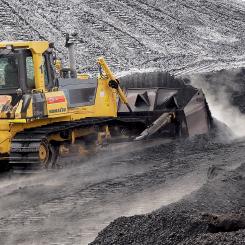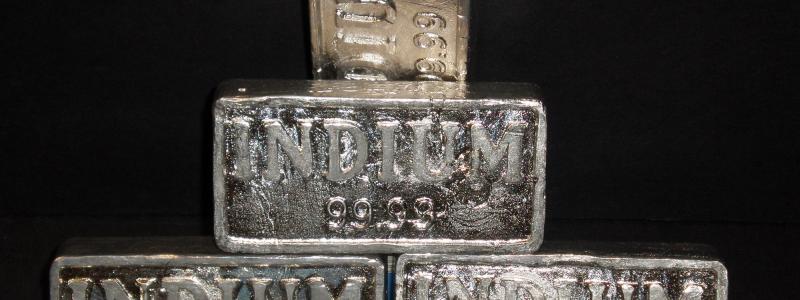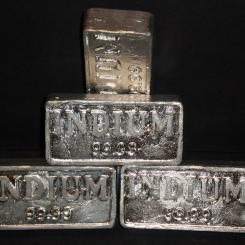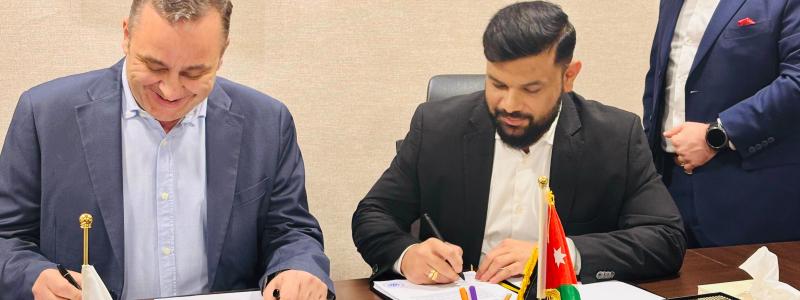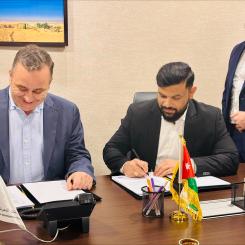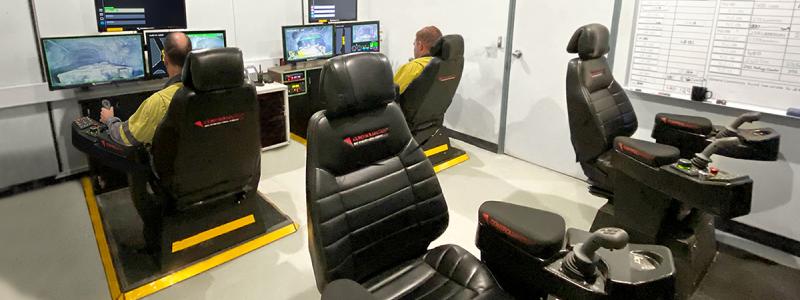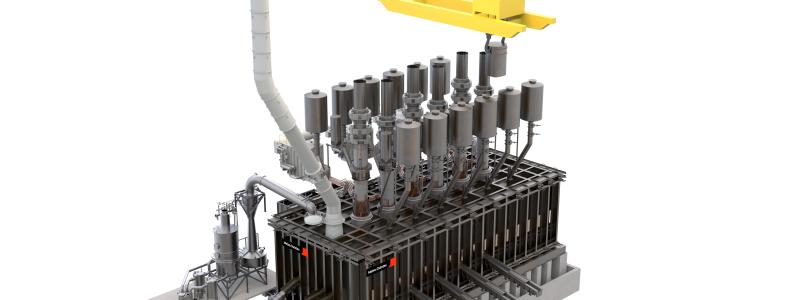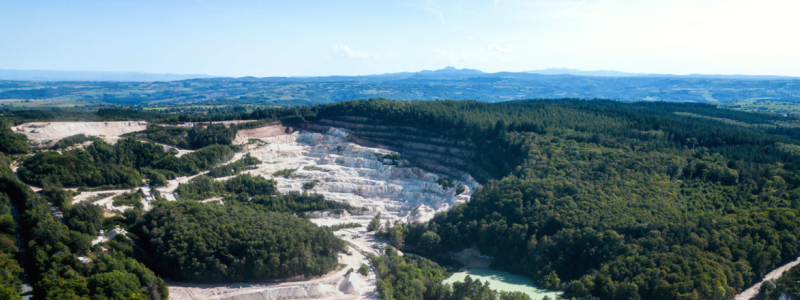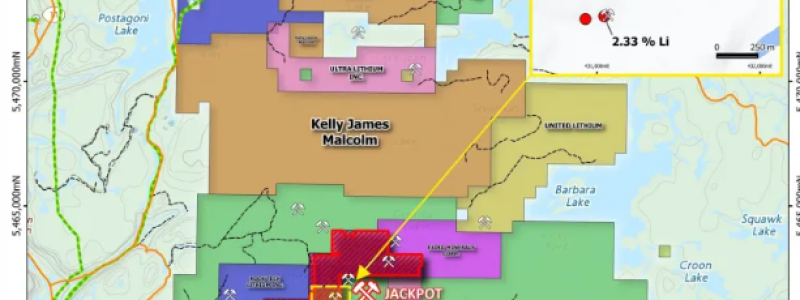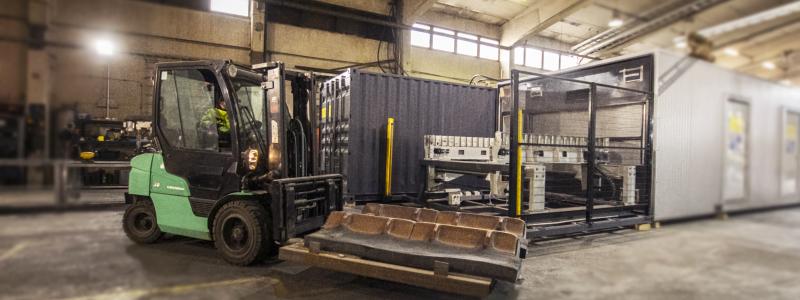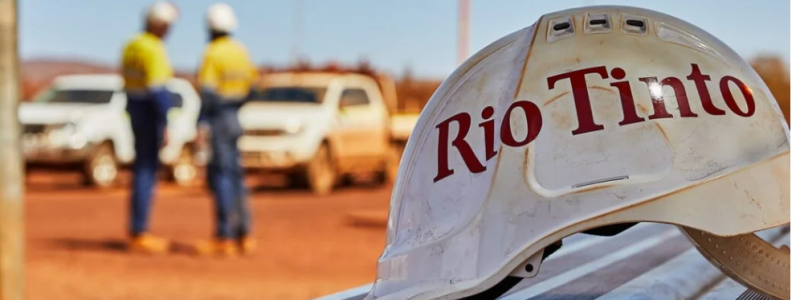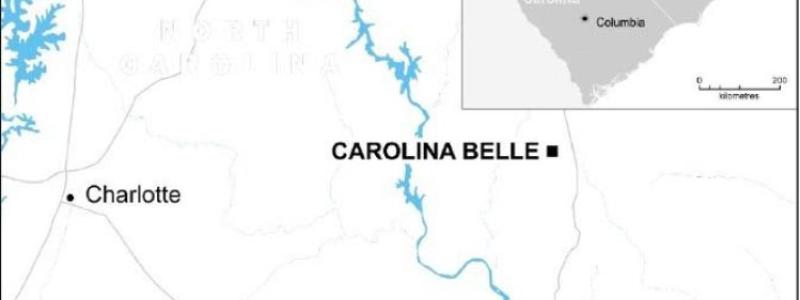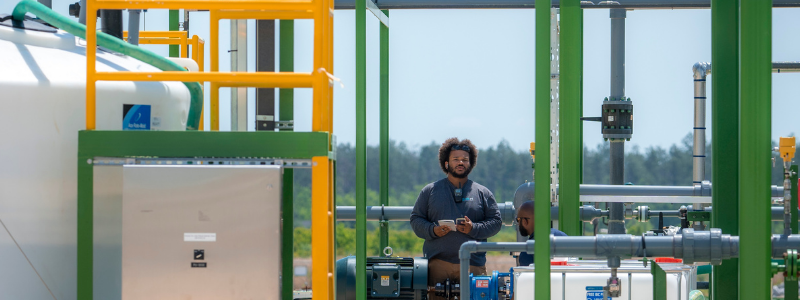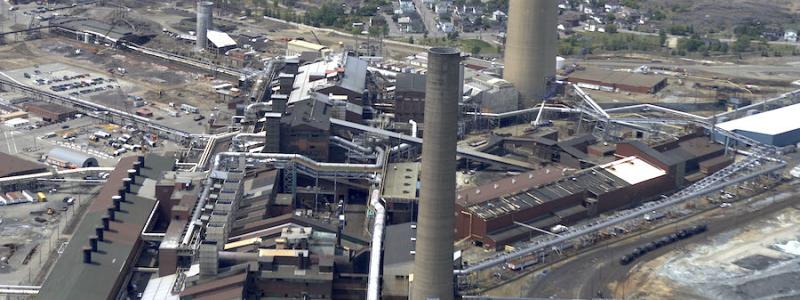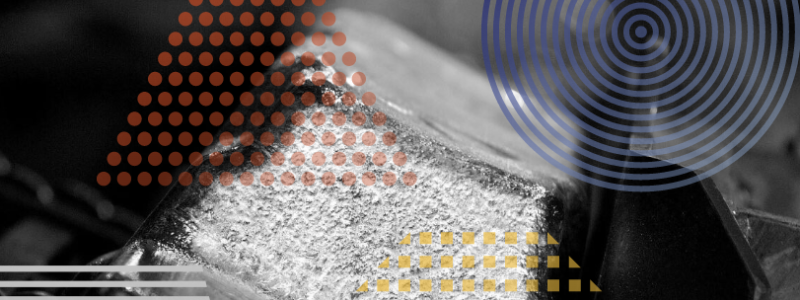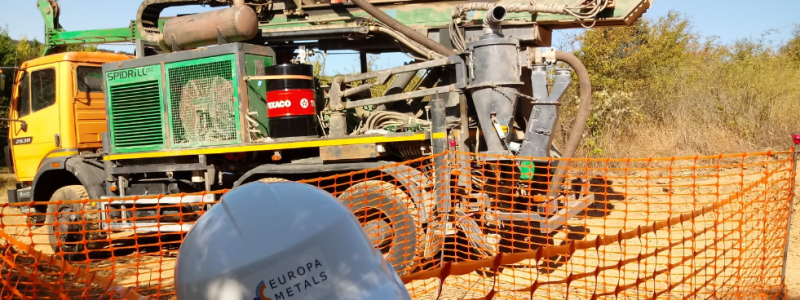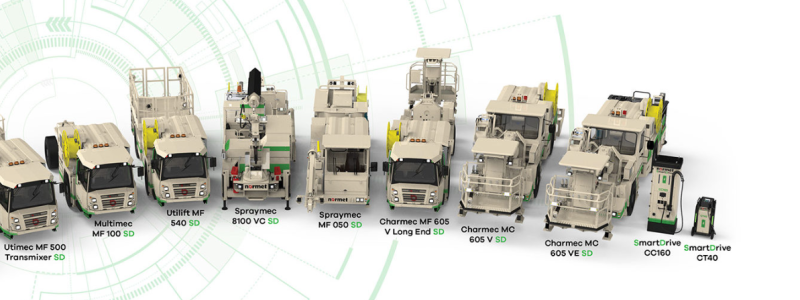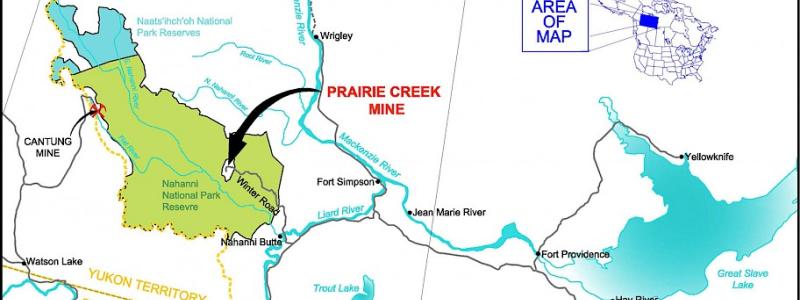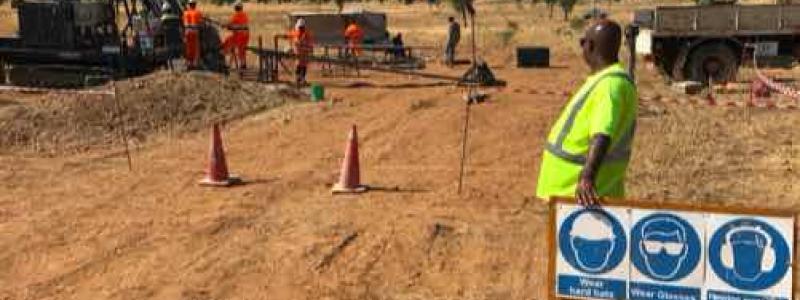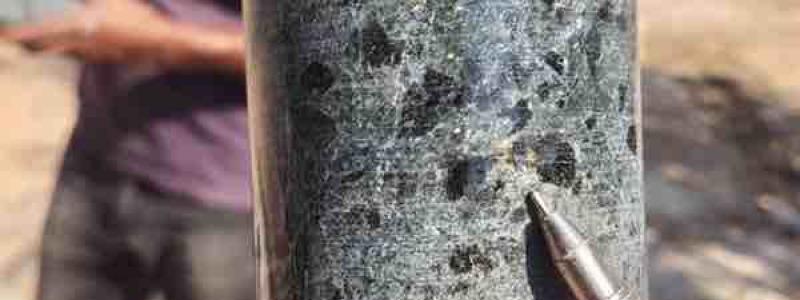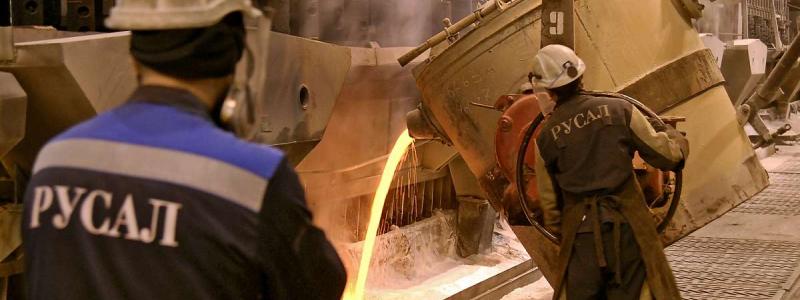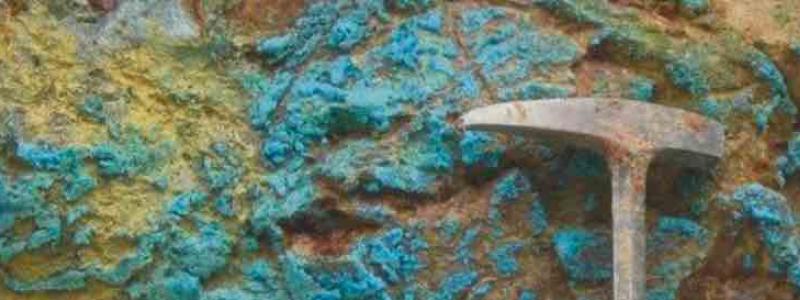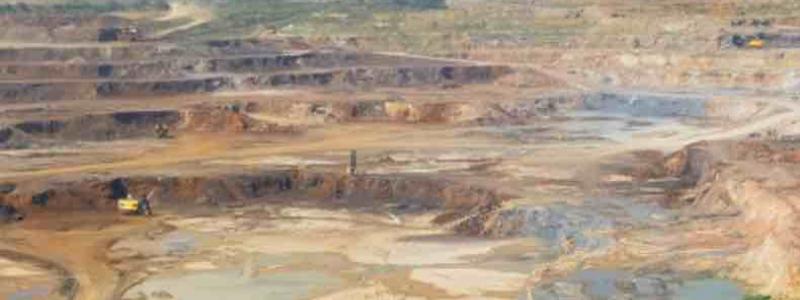The company Keliber, located in Finland, investigates the possibility of refining lithium longer than planned so far. At the same time, a new possible finding area of 33 square kilometres is introduced.
Keliber´s final product can be lithium hydroxide instead of lithium carbonate. The price of lithium hydroxide is higher and the product would also respond better to the needs of the battery manufacturers. They are increasingly turning to use lithium hydroxide in the manufacture of batteries.
Keliber is currently investigating whether it is possible to produce lithium hydroxide from the ore to be broken and enriched in Kaustinen.
Geological Research Institute (GTK) has made a new launch in Kpkkola. It concerns an area near Nissinkylä which covers 33 square kilometres.
There are reasons to assume that there are lithium occurrences in the area and Tukes gave permission for further investigations earlier this autumn. The fouling does not give rise to ore or ore mining.
The goal is to come up with a real application after a 1-2 year survey if the occurrences are sufficiently promising. The application is valid until the end of September 2020.
Production 2021
Keliber has taken advantage of the company Outotec, which specializes in mining technology, to test how this change in production would occur. The technical and economic surveys will be completed by March next year.
Further refinement of the product would not require major changes in the planning of the chemical plant or requirement-changing environmental permits. Keliber has already discussed the matter with the NTM Center.
Keliber is the company that has reached the farthest throughout Europe with plans to extract lithium. It is hoped that the environmental conditions will be ready in the spring and aim to start production by the end of 2021.
Investing 250 million euro
The company discusses the best financing with banks. In total, Keliber expects investments of 250 million euro. Approximately 45 million euro are estimated to be used for the mining itself, 95 million euro are available for the enrichment plant in Kaustby and 115 million euro for a planned factory in Karleby.
The company will need about 160 new employees.


